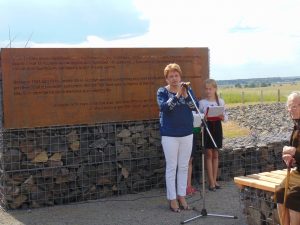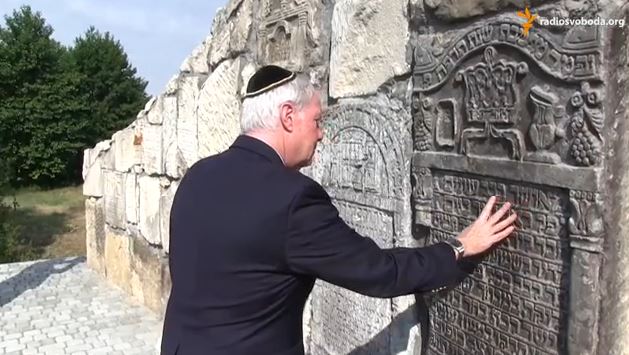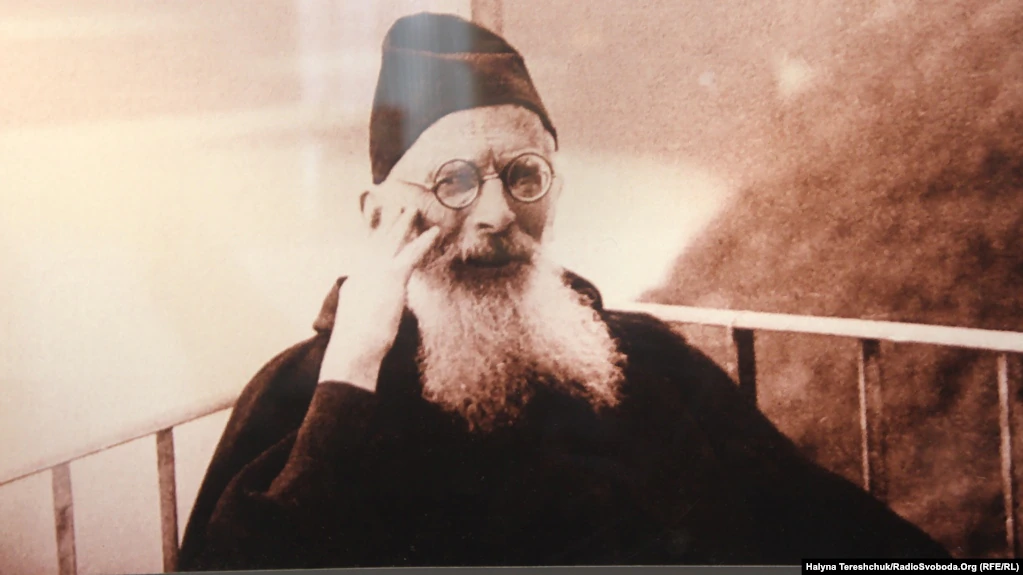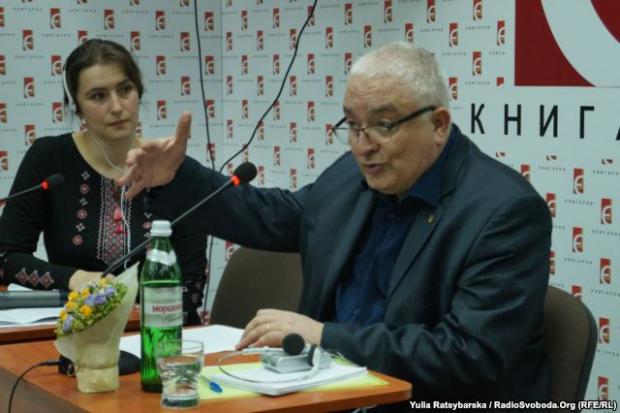Five memorials for Holocaust victims are being dedicated in western Ukraine. They are intended to pay respect to around one million people who were murdered in mass executions and in concentration camps.

The Lviv city hall was bathed in music last Sunday. A jazz festival was being held in the city, the pearl of western Ukraine. The colorful hustle and bustle in the streets underlined that, at least in this part of the country, European freedom has not only long since been set in mention, but has already arrived.
Inside city hall, however, the topic centered on the horrors of the past. The evening’s subject indeed has eminent meaning for the present and future of the new, democratic Ukraine. An official event recognized the successful completion of a five-year project: On Monday and Tuesday, five memorials will be dedicated on the sites of mass graves in western Ukraine. The memorial sites were planned and constructed by a coalition led by the American Jewish Committee (AJC). With this project, a regional network of Holocaust memorials has for the first time been established in Ukraine, which will be accompanied by educational and informational resources. The sites were identified by the Paris-based organization Yahad-In Unum as part of their documentation of Holocaust mass graves.
Deidre Berger, director of AJC’s Berlin office, emphasized the overwhelming resonance and support with which the Ukrainian authorities and local population received the project. Father Patrick Desbois, president of Yahad-in Unum, underlined the great willingness of still living witnesses to talk about the mass executions of Jews during the Nazi occupation, even if this meant describing their own (often forced) cooperation in the atrocities. After decades of rule by the Soviets, whose historical narrative contained no place for the extermination of Jews, the present opportunity to speak about it appears like a relief.

Various speakers stressed that the mass executions of Jews in Ukraine represented a “forgotten part of the Holocaust,” which did not only take place in industrial death camps like Auschwitz-Birkenau. Approximately one million people were killed in the mass executions, and increasing public awareness of this aspect is a key goal. According to Deidre Berger, one has to assume the sad reality that the names and identities of all of the murdered individuals can longer be determined after the passage of so much time.
The deputy speaker of the Ukrainian parliament, Oksana Syroid, and Oleksandr Feldman, a Ukrainian parliament deputy, made clear how important it is for a society like Ukraine’s, which aims to establish a secure foundation of democratic values, to conduct a comprehensive and honest appraisal of all sides of its history. “A society that cannot protect memory has no future,” said Syroid.
However, the “Protecting Memory” project can only be the starting point. Anatolii Podolskyi, director of the Ukrainian Center for Holocaust Studies in Kyiv, estimates that there are around 2,000 undiscovered or not yet appropriately marked mass graves in Ukraine. The participants hope that more local initiatives to care for and maintain them will spring up. Only anchoring memory in the population can ensure the upkeep of the newly built memorials. “Ukraine is a vast mass grave,” said Volodymyr Viatrovych of the Ukrainian Institute for National Memory. He pointed to the existence of, in addition to Jewish mass graves, many other untouched sites of Nazi or Soviet massacres of the civilian population.

Foreign Office supporting the project with more than 1 Million Euros
The US ambassador in Kyiv, Geoffrey R. Pyatt, also emphasized the importance of comprehensive remembrance of the Holocaust for the further development of Ukraine’s democratic self-understanding. Representing Germany, the deputy president of the Bundestag, Edelgard Bulmahn (SPD), and the German ambassador in Kyiv, Christof Weil, addressed the guests and affirmed Germany’s responsibility to maintain remembrance of the unparalleled crimes of National Socialism.
The [German – Ed.] Foreign Office supported “Protecting Memory” with funds amounting to $1.3 million. Germany, however, is not only compelled to provide financial assistance, but also to support societies like Ukraine’s, which is taking the road to democracy, to critically assess historical terrors, said Buhlman. It also involves sharing the experiences built up by Germany’s post-war democracy in working through its history.
Ed. Note: Also see Radio Svoboda’s report (in Ukrainian) on the opening of the Rava-Ruska memorial.








